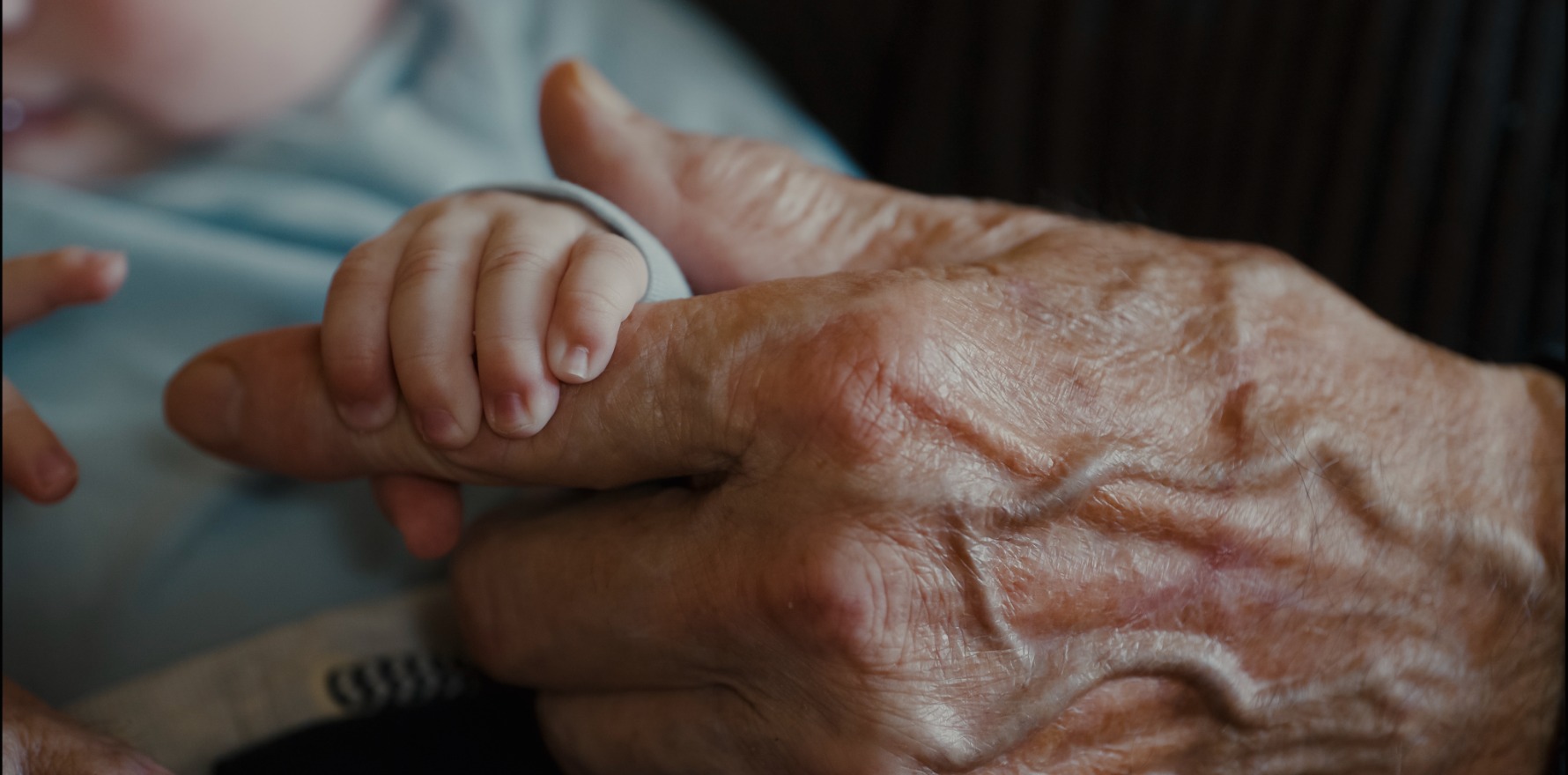The rollout has had some wins, but medication errors show more can be done.
The vaccine rollout protected almost 140,000 babies from severe RSV this winter, but data reveal some concerning administration errors.
More than 100,000 pregnant women and 36,000 infants under eight months of age have been immunised since the program began.
Hospital admissions for severe RSV in infants under six months dropped by 30% compared to last year, with more than 1000 fewer infant hospitalisations in QLD alone.
This included a reduction in infant intensive care admission by a third, according to a statement from the Immunisation Foundation of Australia.
Prior to the introduction of RSV immunisation, around 12,000 babies in their first year of life were being hospitalised with severe RSV per year.
Unfortunately, it’s not all good news.
Dr Charlotte Hespe, GP and academic at Notre Dame University, told Allergy & Respiratory Republic that the “higgledy piggledy” rollout of the RSV immunisation program led to misunderstandings among patients and GPs alike.
The confusion, she explained, came from a perfect storm of different rules and funding in each state, different vaccines for age groups despite them being for the same illness, as well as there being a monoclonal antibody in addition to vaccines.
“There was no clear national guidance. NSW for example didn’t do the monoclonal antibody for ages. All states did bits and pieces,” she said.
As of 13 June, there have been 24 TGA reports of Arexvy being given in pregnancy, 24 reports of Abrysvo being administered to children less than 12 months old and 36 reports of Beyfortus (nirsevimab) being administered to females aged 15–54 years.
Arexvy is for those aged 60 and over, or 50-59 if they’re at severe risk.
Abrysvo is the only vaccine that can be administered to pregnant women, but it also can be given to those aged 65 or older.
Beyfortus (nirsevimab) is a monoclonal antibody for use in infants.
Dr Hespe said it was important that GPs were aware there had been some “big errors” in the rollout.
“There seems to be a lack of understanding around the fact that the babies are not being vaccinated; they are being given monoclonal antibodies,” she said.
“For me, the biggest [error] is babies who should have been given a monoclonal antibody have been administered a vaccine. You really do not know the long-term safety of a baby receiving a vaccine that has not been tested to be safe [for them].”
“The other is that we don’t have the data of safety of a mother being given the vaccine that hasn’t been approved for pregnant women.”
“Potentially, you are introducing a risk that is unnecessary for each of those two populations, that is not present if you do use the correct product,” she said.
Dr Hespe strongly recommended stocking both adult vaccines, but in separate and clearly labelled fridges, and double checking both the medication and cohort before administering them.
“It’s so exciting that finally we have not just one, we have two [RSV vaccines]. But unfortunately, when you get two and they’ve got slightly different indications, you get the confusion over which one can be used in which place.”
She noted that the program aimed to reduce the risk of severe illness and hospitalisation for infants, rather than death, as death due to RSV is more common in the elderly population.
“That’s not to say that there aren’t vulnerable babies who die from RSV but by and large, if you look at the data, what you’re protecting against is a significantly unwell baby requiring ventilation,” she said.
The Immunisation Foundation said that the year marked a milestone for infant protection, but older Australians remained vulnerable to RSV.
Only infants and pregnant women have RSV immunisation funded, despite vaccination being recommended in the Australian Immunisation Handbook for older people and the availability of vaccines that are approved for use in that age group.
“The Immunisation Foundation of Australia is advocating for affordable access to RSV protection for older people in advance of winter 2026.”


